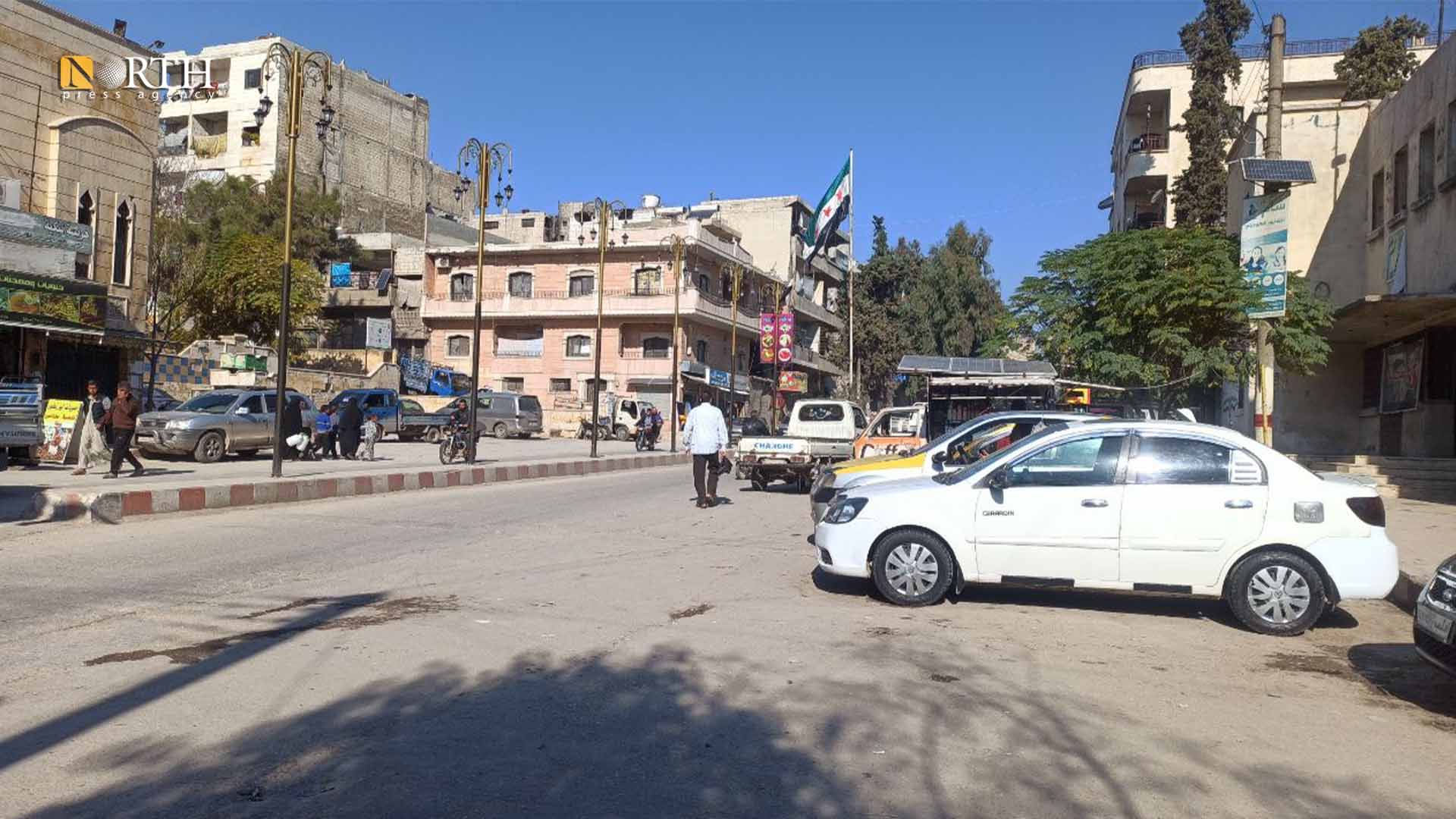IDLIB, Syria (North Press) – Turkish-backed Syrian opposition-held areas have recently witnessed significant worsening of living and economic conditions due to the high prices as a result of the historic crash of the Turkish lira.
Within a week, the Salvation Government of Hay’at Tahrir al-Sham (HTS, formerly al-Nusra Front) raised the prices of fuel and gas four times.
Turkey’s lira crashed to a record low of 13.44 to the dollar on Tuesday, after Turkish President Recep Tayyip Erdogan defended his central bank’s continued contentious interest rate cuts, and vowed to win an economic war of independence.
Last night, news agencies and social media accounts published videos that they said were protests in Istanbul against the Turkish president and the Turkish government.
Since June 2020, the Syrian Interim Government of the opposition Syrian National Council and the Salvation Government the civil wing of the HTS issued a decision to use the Turkish currency instead of the Syrian pound.
Lo’ay al-Hussein, a farmer from Idlib countryside, receives 25 Turkish liras (equivalent to 7,200 SYP) for his nine hours of work from dawn to late afternoon, “which was enough, a month ago, for bread and some basic household necessities.”
He said his income today is not enough to buy bread, and some biscuits for the children to keep them busy during the absence of the parents.
The Turkish lira’s latest sharp downturn caused food price hikes in northwest Syria by 400%, and bread prices by 300%, according to a statement by the Syria Response Coordinators team.
The prices of non-food items have increased by 200%, and fuels by 350%, while poverty rates have increased dramatically exceeding 90%, according to the same source.
Arab al-Mustafa, a displaced worker from Jabal Shahshabo in the western countryside of Hama, said he needs a full week’s income to secure a home gas cylinder, the price of which has reached 140 Turkish liras (more than 40,000 SYP).
Al-Mustafa holds the Salvation Government responsible for what is happening in Idlib, “it is also taking advantage of the Turkish lira’s collapse to raise prices, and does not take any measures to limit traders’ manipulation of prices and their monopoly on some basic commodities.”

